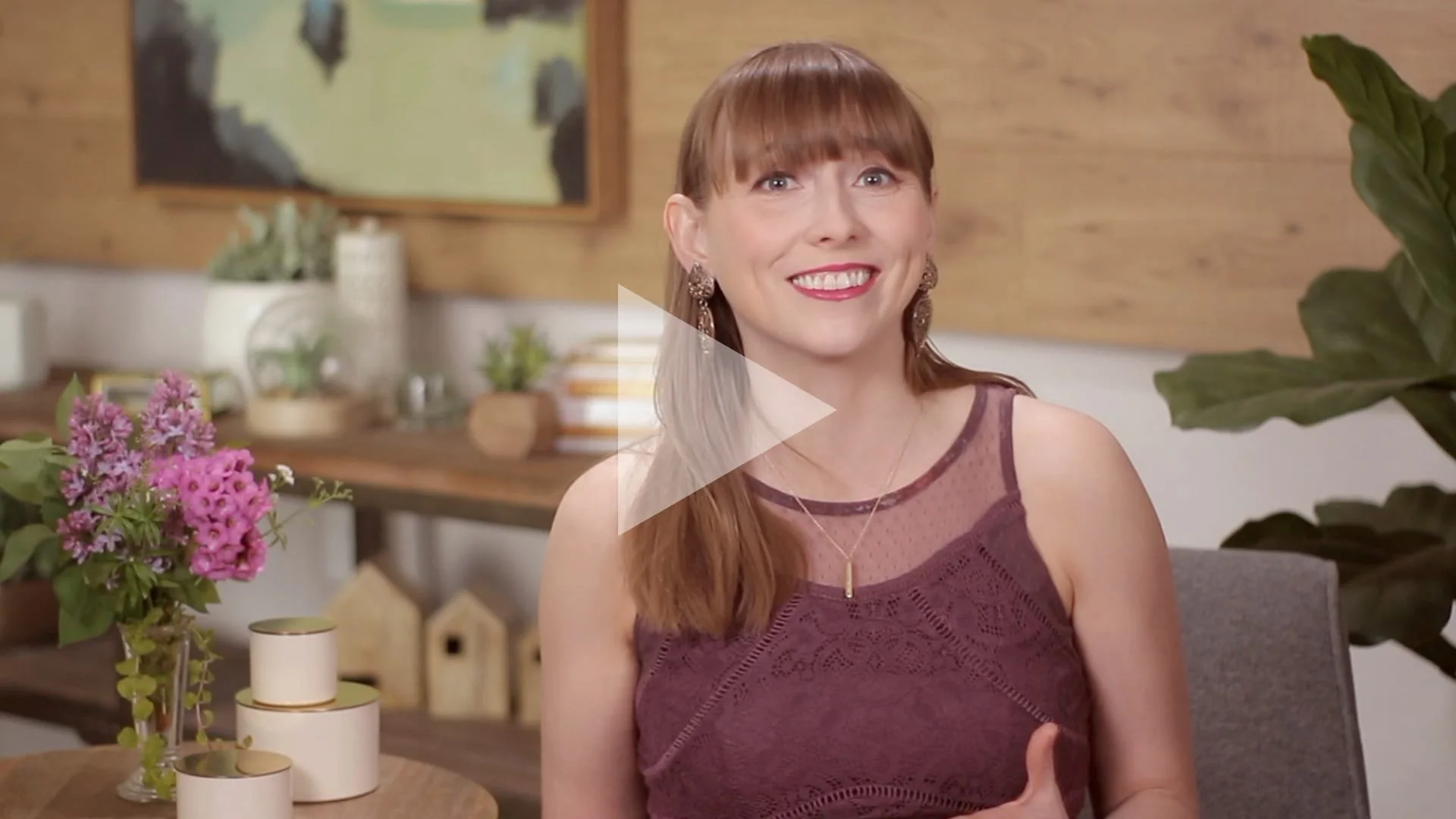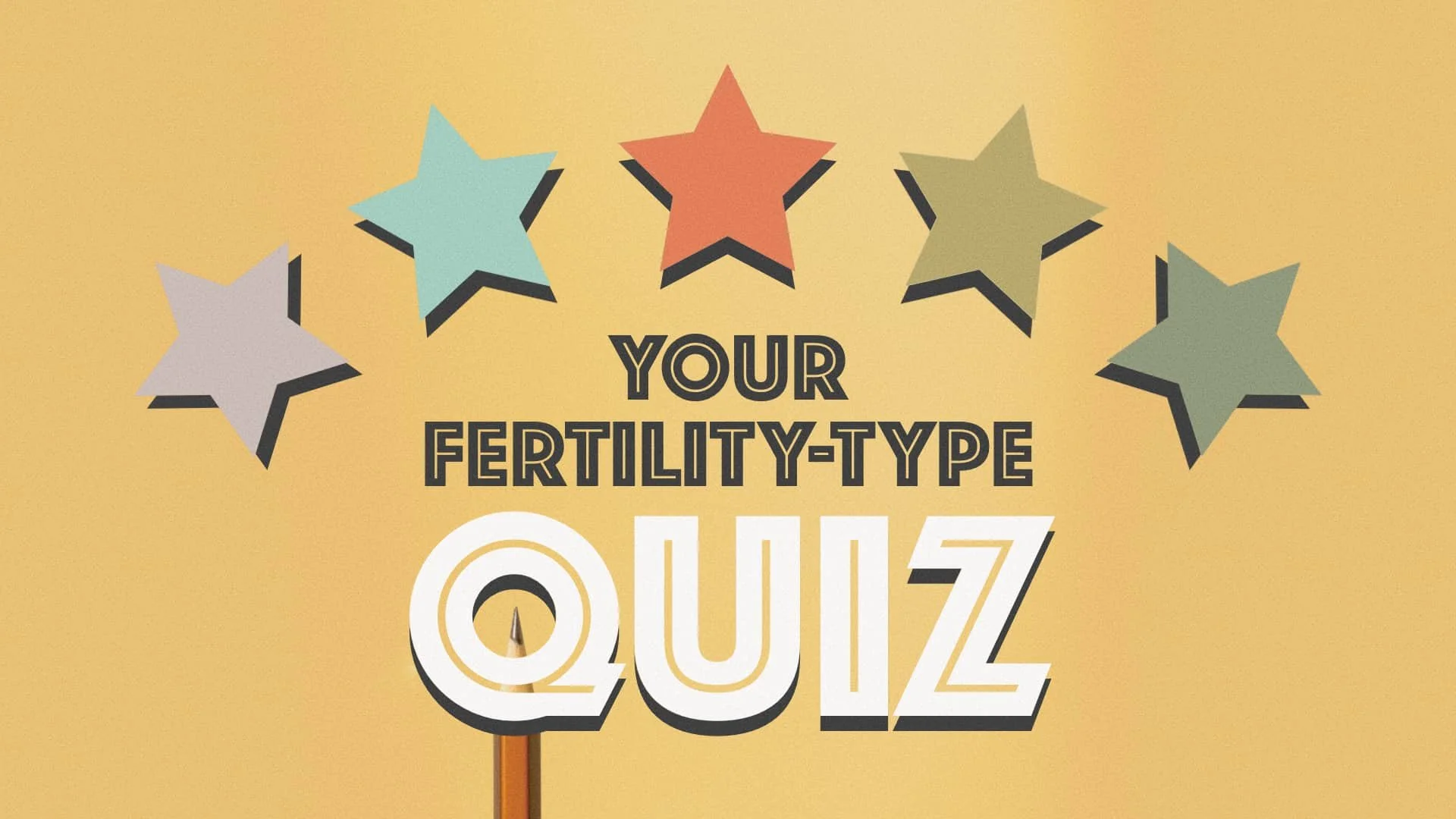5 THINGS I LEARNED FROM HAVING SURGERY
Being on the patient side of healthcare.
Towards the end of August I underwent a surgery that's been a long time coming. I was excited, but also nervous.
I was going to have a procedure called TVT for stress incontinence, a uterine ablation plus IUD placement for painful periods and scar tissue prevention, and my very first laperoscopy to *hopefully* remove endo after years of suspecting it, but never really knowing.
Is it weird, that my biggest fear was that I wouldn't have endo?
After just shy of 2 hours of surgery the results were in and here's what I learned from being on the patient side of the equation.
Lesson 1 - We know our bodies.
I DID have endometriosis and it's a wild testimony to the power of the culture of dismissing women's own expertise that I second-guessed myself.
For the record, heavy or super crampy periods are just one sign of endometriosis. And you don't have to have these — I actually had very light, but painful periods myself. Other common signs include stabby sensations with sex or bowel movements, inflamed gut concerns, bloating, unexplained urinary frequency, nausea, back and hip pain. Especially when these things consistently flare up as you approach and have your period.
I had LOTS of these signs … but I still second guessed myself.
Imagine! An 18-year fertility care provider, who's had two un-medicated births, and I still second guessed pain that made me feel like I was being stabbed and even electrocuted. I say this in The Baby You Want courses all the time, "You are the world's leading authority on you." We know our own bodies. We just need to know how to listen and advocate and find amazing providers — like mine — who listen to us!
Lesson 2 - Combining mainstream and "alternative" medicine is smart.
It's amazing how many people assume I'm 'all natural' because I'm an acupuncturist. It blows my mind when I go to acupuncture conferences and hear some practitioners badmouthing mainstream medicine. Or even swearing it off as evil.
I guess it shouldn't surprise me. The world is particularly polarized right now and that trickles into healthcare too. Sadly, it is incredibly unhelpful.
I call this mindset "faux holistic" and it keeps us divided and focused on the wrong things. It makes us feel shame, guilt, and pressure that we don't need. And it leaves us feeling less well than we actually could be feeling.
It's super smart and truly holistic to use all the tools we have at our disposal. It's great to choose the most evidence-based options — whatever they are.
I have a history of early trauma, a strong family genetic link to both endo and PCOS, and I'm a holistic provider. I use every option I can to feel my best. I take prescription medication for my mind and body as needed. I also love acupuncture, community, good eating, joy, purpose, therapy, gratitude, and karaoke! This is ALL a part of me being my best. There's no failure in having surgery when surgery helps me feel better. My recent surgery would help me:
Have less pain — a holistic win
Be able to exercise more with less peeing — a holistic win
Help manage my slowly creeping blood pressure by getting off birth control pills — another holistic win
Set me up to go through perimenopause more comfortably all around — a holistic win
Seeing all these big-picture connections makes something that's super mainstream, like surgery, into a very holistic choice.
Now, I understand you're probably TTC. But I want you to remember, whether you're choosing to take hormones, utilize IUI or IVF, or get an epidural or c-section, down the road being truly holistic is about choosing what serves you being the most balanced and whole. Feel good about using your options wisely!
Lesson 3 - We don't control a lot of things.
As I mentioned, I have a history of early trauma and several genetic predispositions including a strange collagen disorder that tends to make me bleed. My blood vessels don't clamp down like they do in most people.
On my 4th day post-surgery I got out of bed and started to move around my house a bit. I was told it should be fine. But I started bleeding fresh red blood from my vagina and from several of my incisions. It triggered memories of previous postpartum hemorrhages. It sucked. And it also made perfect sense because I don't get to control my body's tendency to bleed.
Funny story. After my daughter's birth one of my midwives told me, "Nicole, I need you to tell your body it's okay to stop bleeding now." This was as I lay in a pool of my own blood. I remember thinking, "Ummm ... if I could stop this I would." I know she meant well. She was doing ALL the things — she administered the three medications that ultimately staunched the flow and saved my life.
But it also was a good example of what we don't control. You might not have the same particular thing as me, but most of us have "our things." We don't control if we have genes that set us up for premature ovarian decline. We don't control having PCOS. We don't control our trauma. We don't control life and death. And we can't think, manifest, or eat our way to not having these things. If anyone tells you otherwise — run the other way.
But we absolutely can help our bodies be strong and resilient. That's a very different thing than controlling them. Because like it or not, biology often runs the show.
I needed to cancel another week of patient visits and lay down and do nothing. That's not my favorite thing. But it wasn't really my choice. I was either going to drag out my recovery and not listen to my body or I was going to submit and face the reality of my lack of control.
BTW — iIt's good to be sitting up and typing this post 😜
Lesson 4 - We do control a lot of things.
Lesson 3 can feel rather discouraging. But not to worry. For every big thing we don't control, there are about a thousand smaller things we do. THAT is where being truly holistic and being more whole, balanced, and resilient comes in.
For example, I found a doctor I trusted and knew was great at the surgeries I needed. I listened to guided meditations before and after surgery to tell my body the surgery would be a step in the right direction and I was ready to heal.
I said yes to my friends who offered to drop off meals —- which is not an easy yes for first-born-hyper-independent me.
I also set up my recovery room with not only what I'd need, but layers of loveliness. Flowers, fake candles, an eye pillow, a heated blanket, a wedge pillow for my knees, my trusty acupuncture kit, a TENS unit for post-surgical pain and relaxation. I got a couple fluffy audiobooks I could listen to with my eyes closed resting.
Did you know that classically, convalescing was about resting while being surrounded by beautiful, things like nature, music, and flowers? I did that.
Did you also know science has shown our wounds heal faster when we’re feeling supported and safe? I set myself up for that. Weird body quirks and all, these things matter.
Lesson 5 - Perception is the key.
There's a saying in psychology, “Perception creates reality.” And it's especially easy to see this in action when times are tough.
In a parallel Marvel Cinematic Universe, a different Nicole with a different perspective might have been crying in bed about how unfair so many things are. How it sucks to do so much "right," but still have all these unfair body struggles. How exhausting pain is. How stressful it is to be off work. This alternative Nicole would feel like needing surgery was a failure. She'd say no to her friends' meals. She'd think guided meditations are a waste of time.
She'd be miserable.
Now to be clear, it's perfectly normal to have moments of these thoughts — and I did. Surgery is hard. But I've spent years working on the art of reframing my perspective. I've chosen to cultivate the framework that makes me dang proud to live in this complicated body and mind and have my unique life and history.
I'm grateful for my doctor and the team who operated on me. I'm touched by my friends and family for the kindness and meals and check-ins. My husband is a rock star. My tools to rest and recover were top-notch. I'm so fortunate!
“Every day we’re volunteers.”
- Steven Colbert
None of this was 'meant to be.' But as Stephen Colbert put it, "Every day we're volunteers." I volunteer to focus my perspective on things that serve my whole messy self and help my whole life feel better. Not worse.
That's what every single thing I create and do here and in my practice are about. We aren't trying to conquer our biology. We aren't trying to get rid of challenges. We're trying to thrive and grow within them.
We're owning our humanity.
So that's what I've been thinking about. And, of course, I'm working on a handout to help people prepare for surgery and recovery.
Get my handout for setting yourself up for recovery here!
It's nice to have you in my world and to be on your team. Whether it's virtual, in person, or both. Thanks for inviting me in. Now, I'm going to get up and NOT wear pajamas today — woohoo!
Warmly,
Nicole
EXPLORE FURTHER
One of my very favorite essays called SuperBabies Don't Cry is about the suffering caused by thinking we control things we don't, and healing through letting go of that false narrative.
A much better use of our desire to control — working on the small stuff.
And even why stress isn't all good or bad — but perception matters.
If you've had a lot of hard knocks and want to work on reframing them, my Extra-Awful Infertility guide is just for you.
And don’t forget my recovery guide! I LOOOOVE setting you up for success.
Nicole Lange
LICENSED ACUPUNCTURIST
HOLISTIC FERTILITY EDUCATOR








Something more than just another buzz-word?